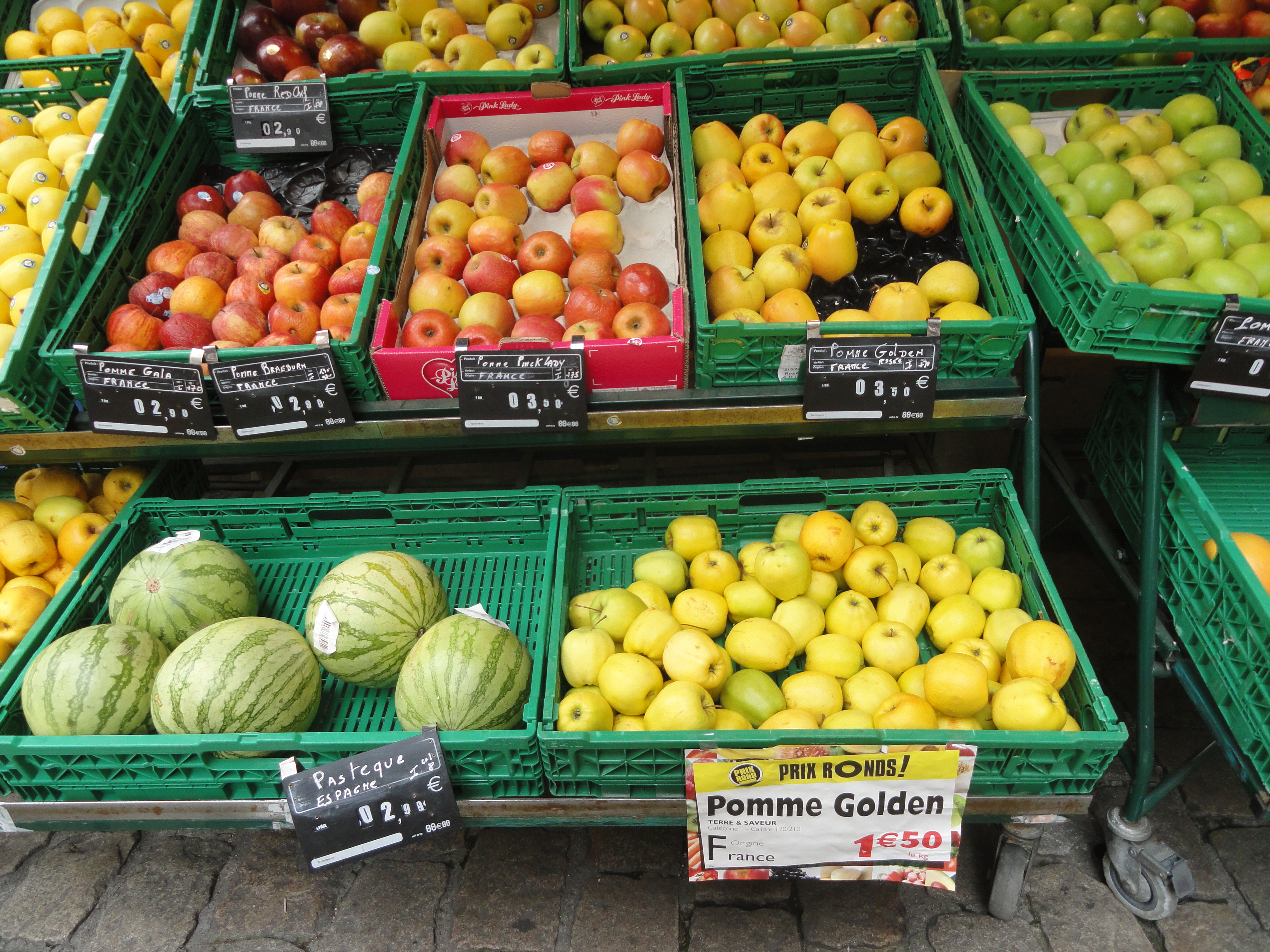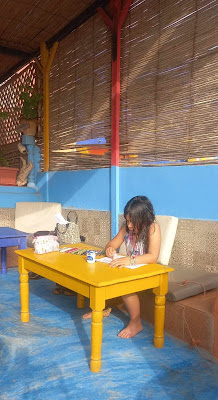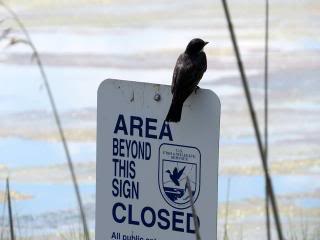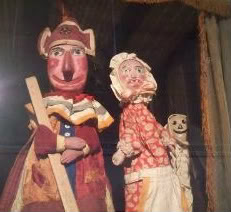If you limit it, they will want more.
If you "unlimit" it they will fill up and be done.
They can only make their own choices if they're allowed to make their own choices.

I don't think balance will come from limitations as well as some people wish it would.
I had a niece not allowed to eat sugar at all. NOTHING with sugar. A little hippie kid in the late 1960's, early 1970's.
She came to stay with us for a few days when she was six. We were keeping to her mom's rules about sugar.
We found her in the field, squatted over a 5-lb. bag of sugar, eating it with both hands like a monkey, as fast as she could before she'd get caught.
That wasn't balance.
Or maybe it was. It was the balance of all her deprivation.
My kids have come to their own balance with food, TV, activities, sleep, because they're allowed to make their own choices.
The quote is from an online discussion in August, 2001, ten years ago. The story of the sugar was when I was 22 and in my first marriage, long before I had children with Keith.
A related link is SandraDodd.com/balance
photo by Sandra Dodd

















